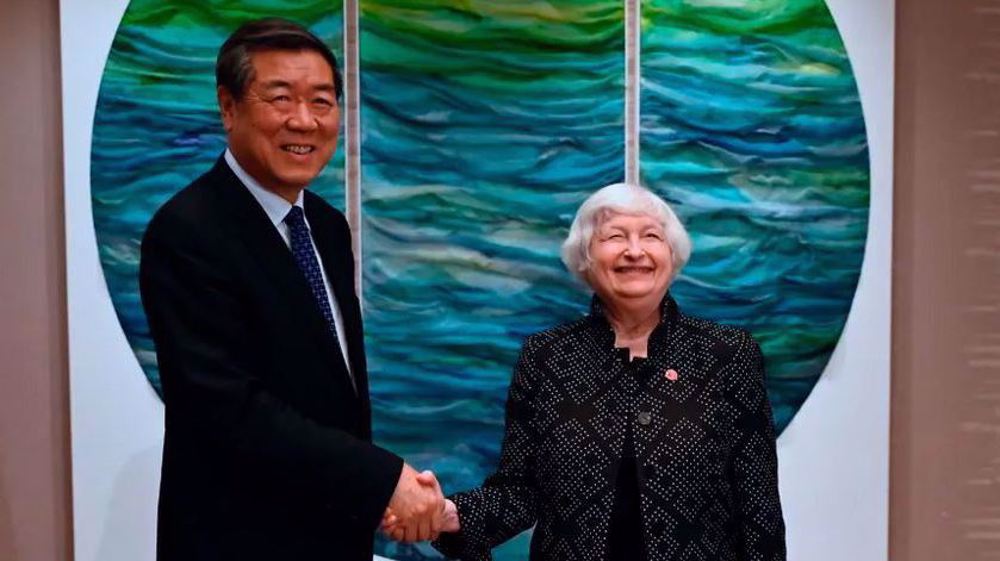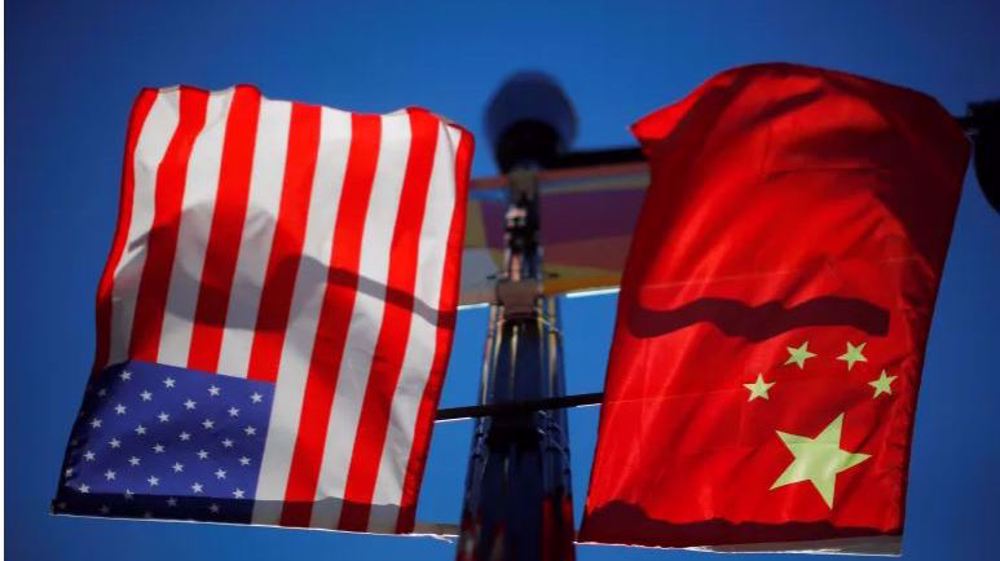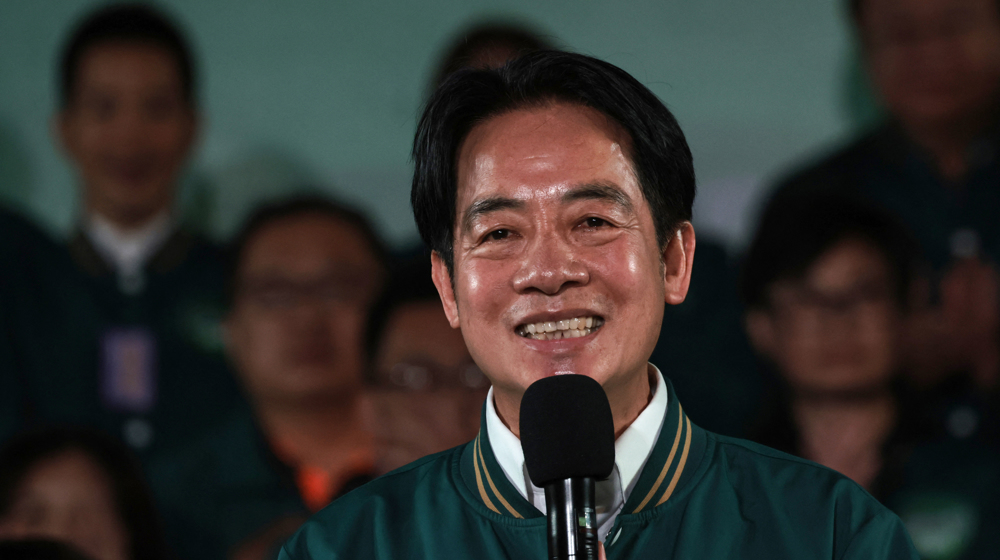‘China threat’ rhetoric by Treasury's Yellen on official visit riles Chinese
Chinese state media has criticized the United States over comments on Beijing's excess manufacturing capacity, describing such comments by US officials as a rehash of the “China threat” rhetoric.
“The US criticism of Chinese overcapacity rehashes the ‘China threat’ rhetoric,” Xinhua said.
US Treasury Secretary Janet Yellen, who is on an official visit to China’s southern export hub of Guangzhou, said on Saturday she had “productive conversations” with Chinese Vice Premier He Lifeng on the bilateral economic relationship.
Yellen, He and their teams held over four and a half hours worth of meetings on Saturday on a range of economic topics, with US concerns about China’s growing exports of electric vehicles, solar panels and other goods being the biggest priority for the Treasury chief.
She told US traders in China’s southern export hub of Guangzhou on Friday that concerns were growing over the global economic fallout from China’s excess manufacturing capacity, making the issue the focus of her four days of meetings with Chinese officials.
Citing China’s overproduction of electric vehicles, solar panels, semiconductors and other goods that are flooding into global markets in the face of a demand slump in China’s domestic market, Yellen said this was not healthy for China and was hurting producers in other countries.
“The US seeks to create a level playing field for American workers and firms, as well as deeper cooperation on illicit finance, climate change and other priorities,” Yellen said in a post on X, formerly Twitter.
Xinhua said in an editorial late Friday that the US official’s excess capacity arguments were a “pretext” for the implementation of protectionist US policies.
“Talking up ‘Chinese overcapacity’ in the clean energy sector also smacks of creating a pretext for rolling out more protectionist policies to shield US companies,” Xinhua said.
“After all, it is now known by the world that Washington will not hesitate to show its protectionist teeth under the guise of national security in areas where its supremacy is challenged.”
Yellen, who arrived in Guangdong late Thursday, was scheduled to travel to Beijing to meet officials including Premier Li Qiang, Finance Minister Lan Foan and People’s Bank of China Governor Pan Gongsheng through Monday, according to a Treasury press advisory.
Despite the escalating geopolitical tensions between the United States and China, the economy has remained the top priority for the countries, prompting Washington and Beijing to seek de-escalation as a major policy priority, both on economic and international security grounds.
Yemeni armed forces down F-18 fighter jet, repel US-UK attack: Spokesman
Iran warns against US-Israeli plot to weaken Muslims, dominate region
VIDEO | Public uproar in US against Israeli regime
‘Ghost town’: 70% of Jabalia buildings destroyed by Israel
Mother’s Day: Sareh Javanmardi’s inspiring journey as Paralympic champion and mother
Russia downs over 40 Ukrainian drones as Putin vows 'destruction' on Kiev
VIDEO | Yemen: A bone in Israeli neck
D-8’s role in Iran’s economy after Cairo summit












 This makes it easy to access the Press TV website
This makes it easy to access the Press TV website